The Global Quality and Standards Programme (GQSP) enhances international trade by strengthening quality infrastructure institutions and SMEs’ compliance capacities in 11 countries. By focusing on specific value chains, it helps countries meet market requirements, foster sustainable trade, and integrate into global value chains. The program also develops solutions to common trade challenges in collaboration with international partners like ISO and INetQI, disseminating these through the UNIDO Knowledge Hub. Expected impacts include increased exports, improved competitiveness, and sustainable economic growth, contributing to the UN Sustainable Development Goals (SDGs).
Overview
Approach
The GQSP ensures a holistic and systemic approach to addressing quality and standards challenges in targeted countries, facilitating sustainable trade and economic growth. Promoting sustainable production and trade means contributing to climate resilience, women empowerment and digital transformation.
Enhanced institutional capacity delivers advanced, internationally recognized quality services, ensuring products and services are safe and meet market demands.
Helping companies to implement and conform with standards enables them to provide products and services that can be traded across borders, increasing sustainability and exports.
A systemic approach, complemented by policy development, advocacy strategies, and a culture of quality, creates a conducive environment where quality is valued and pursued.
Impact
Key Indicators
SDGs:
UNIDO Priorities:
Thematic Area(s):
“The cooperative to which I belong has helped me to improve my capacities at different levels in order to export better-quality products in higher quantities to main destination markets. Thanks to the support received, my production now has a high cup score resulting from the high quality of the crop. This highlights the importance of the training and technical instructions provided by UNIDO on physical and sensory analysis for perfecting the preparation procedures for this type of product, which benefits from the rigorous compliance with these processes.”

Technology Used
Knowledge Hub, SCA, QI4SD Index, LabNet, online trainings, digitalization in standardization, blockchain for traceability, etc.

Catalytic Outlook
The widespread adoption of standards can promote more sustainable industrial practices by enhancing resource efficiency, and supporting circular economy while reducing waste and protecting biodiversity. Standards also play a crucial role in ensuring that workers are treated fairly.

Unique Solution Characteristics
A combination of a systemic approach, targeted interventions and transversal solutions to drive lasting change and enhance effectiveness. This approach is replicable across countries and sectors and promises consistent and quick results.
- Swiss State Secretariat for Economic Affairs
Publicly available resources, incl. global tools, online trainings, brochures, publications and other material related to the GQSP are published on the UNIDO Knowledge Hub



